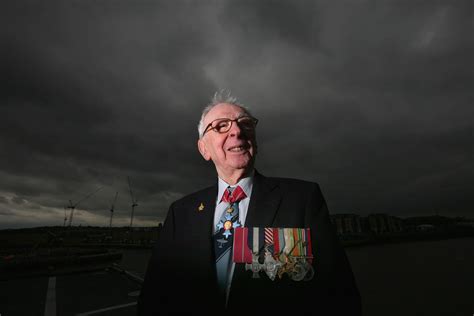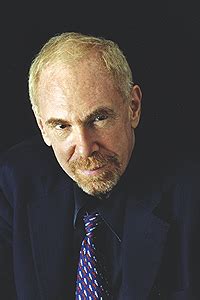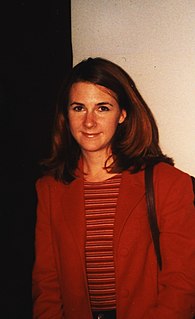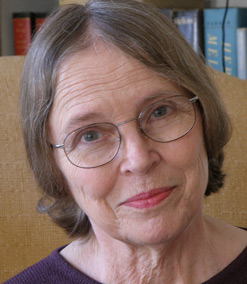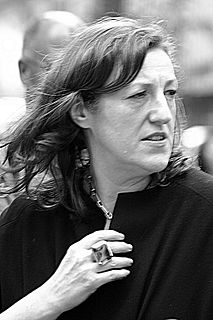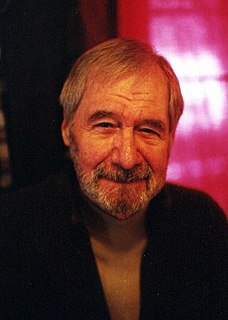A Quote by Eric Brown
The market for short stories is hard to break into, but a magazine editor isn't always looking for big names with which to sell his magazine - they're more willing to try stories by newcomers, if those tales are good.
Related Quotes
The Voice did not consider itself a conventional magazine. It took me awhile to realize that it was named The Voice for a reason. They wanted voices. At the time, good magazine stories were still believed to be written in the third person based on the false belief they were more objective. Of course some conventional stories require third person, but in the really interesting stories - the ones I got do to at The Voice and Esquire - were about subjectivity, subjectivities.
My very first venture was a national student magazine to try to campaign against the [Vietnam] War. And so I wanted to be an editor. I wanted to bring the magazine out. And in order for the magazine to survive I had to worry about the printing and the paper manufacturing and the distribution. And, you know, I had to try to, at the end of the year, have more money coming in than going out.
I was co-editor of the magazine called The Jazz Review, which was a pioneering magazine because it was the only magazine, then or now, in which all the articles were written by musicians, by jazz men. They had been laboring for years under the stereotype that they weren't very articulate except when they picked up their horn.
Don't wait for success, but for the respect and interest of those who read you. At the start it could be a classmate, someone who shares your interests. Before sending off the manuscript for a novel to a publishing house, it would be a good idea to try writing short stories, and publishing them in a local magazine.
I was interested in creating things that I could be proud of and so, you know, I was interested in being an editor of a magazine, things that I could be proud of, and so, you know, I was interested in being an editor of a magazine, but in order to be an editor of a magazine I had to become a publisher as well. I had to pay the bills. I had to worry about the printing and the paper manufacturing and the distribution of that magazine.
You look at, like, a 'People' magazine, which used to be a really good, you know, nice magazine you could go to for real stories. It wasn't like a 'Star' or an 'US Weekly' and they have somebody with plastic surgery on the cover, Heidi Montag. And it's obviously what consumers want, because why else would they be doing it?
I started writing the book without realizing I was writing a book. That sounds stupid, but it's true. I'd been trying and failing to make a different manuscript work, and I thought I was just taking a break by writing some short stories. I'm not a very good short story writer - the amazing compression that is required for short stories doesn't come easily to me. But anyway, I thought I'd try to write some short stories. And a structure took shape - I stumbled upon it.
Yes, we could talk to you for days on end about all the bad first dates. Those are stories. Funny stories. Awkward stories. Stories we love to share, because by sharing them, we get something out of the hour or two we wasted on the wrong person. But that's all bad first dates are: short stories. Good first dates are more than short stories. They are first chapters. On a good first date, everything is springtime. And when a good first date becomes a relationship, the springtime lingers. Even after it's over, there can be springtime.
About a year after (my stories began being published), magazine editor George Scithers, suggested to me that since I was so new at being published, I must be very close to what I had to learn to move from fooling around with writing to actually producing professional stories. There are a lot of aspiring writers out there who would like to know just that. Write that book.SFWW-I is that book. It's the book I was looking for when I first started writing fiction.
